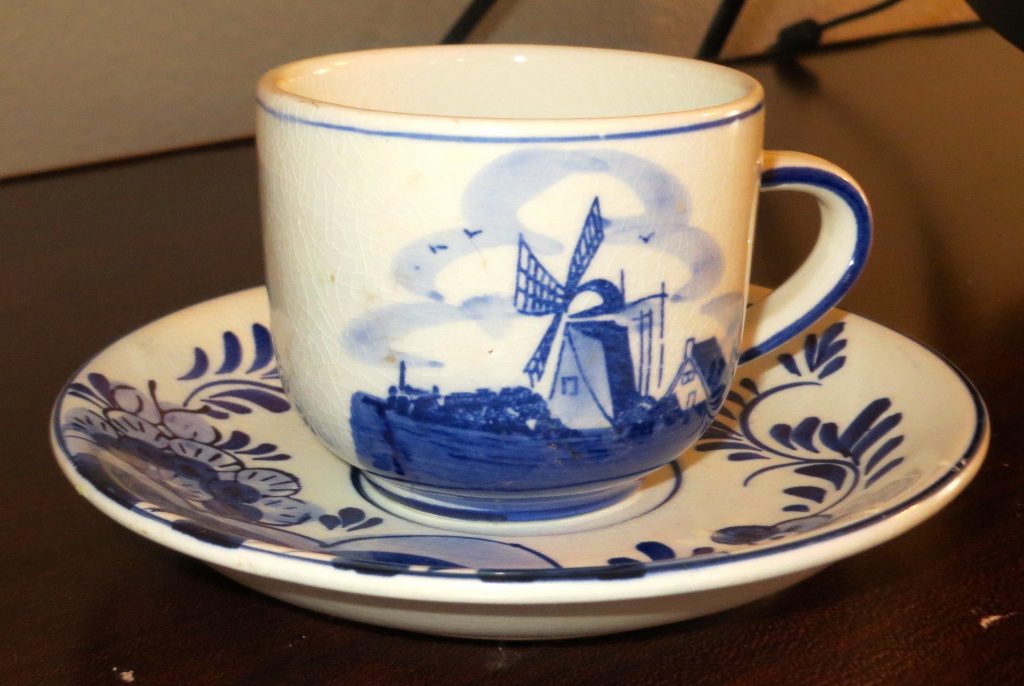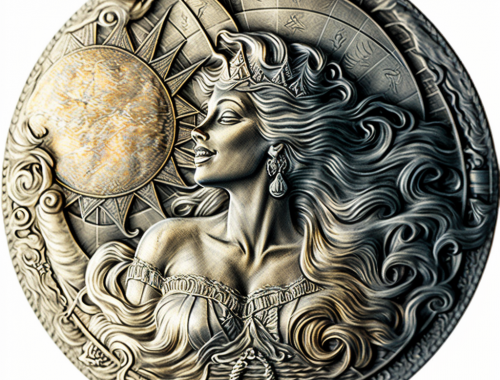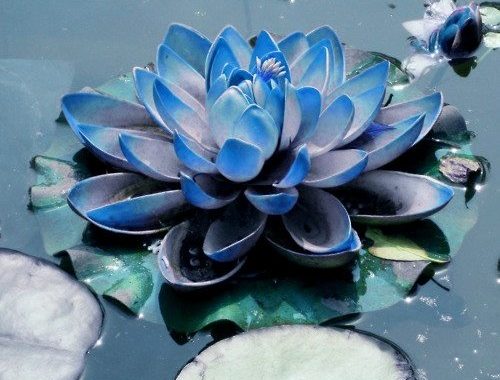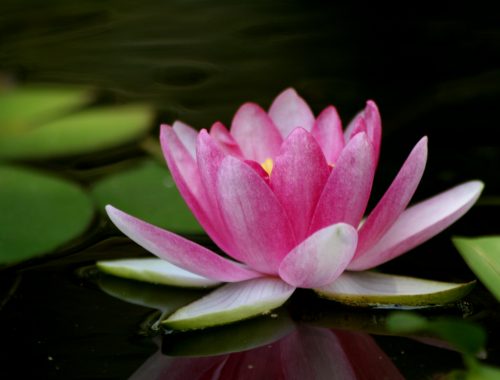
Reply to Kyo’o
Just when I was longing to hear from you once again, the messenger whom you took the trouble to send arrived. In my present circumstances, your gift of money is far more valuable than any treasure to be found on land or sea.
Since I heard from you about Kyō’ō, I have been praying to the gods of the sun and moon for her every moment of the day. Always cherish the Gohonzon that I gave you some time ago for her protection. The Gohonzon was never known, let alone inscribed, by anyone in the Former or Middle Day of the Law. The lion king is said to advance three steps, then gather himself to spring, unleashing the same power whether he traps a tiny ant or attacks a fierce animal. In inscribing this Gohonzon for her protection, Nichiren was like the lion king. This is what the sutra means by “the power [of the Buddhas] that has the lion’s ferocity.”1 Believe in this mandala with all your heart. Nam-myoho-renge-kyo is like the roar of a lion. What sickness can therefore be an obstacle?

It is written that those who embrace the daimoku of the Lotus Sutra will be protected by the Mother of Demon Children and by the ten demon daughters. Such persons will enjoy the happiness of the wisdom king Craving-Filled and the good fortune of the heavenly king Vaishravana. Wherever your daughter may frolic or play, no harm will come to her; she will move about without fear like the lion king. Among the ten demon daughters, the protection of Kuntī is the most profound. But your faith alone will determine all these things. A sword is useless in the hands of a coward. The mighty sword of the Lotus Sutra must be wielded by one courageous in faith. Then one will be as strong as a demon armed with an iron staff. I, Nichiren, have inscribed my life in sumi ink, so believe in the Gohonzon with your whole heart. The Buddha’s will is the Lotus Sutra, but the soul of Nichiren is nothing other than Nam-myoho-renge-kyo. Miao-lo states in his commentary that the heart of this sutra is the revelation of the Buddha’s original enlightenment and his immeasurable life span.2
Kyō’ō’s misfortune will change into fortune. Muster your faith, and pray to this Gohonzon. Then what is there that cannot be achieved? There can be no doubt about the sutra passages that say, “This sutra can fulfill their desires, as a clear cool pond can satisfy all those who are thirsty,”3 and “They will enjoy peace and security in their present existence and good circumstances in future existences.”4 I will write you again.
When I am pardoned from exile in this province, I will hasten to Kamakura where we will meet. If we consider the power of the Lotus Sutra, we will find perpetual youth and eternal life before our eyes. My only worry is that her life may be as short-lived as dew; therefore, I am praying with all my might for the heavenly gods to protect her. [Kyō’ō,] follow in the footsteps of Lady Pure Virtue or the dragon king’s daughter. Nam-myoho-renge-kyo, Nam-myoho-renge-kyo.
Respectfully,
Nichiren
The fifteenth day of the eighth month
Background
This brief letter was written in the eighth month of the tenth year of Bun’ei (1273) and was addressed to Kyō’ō, Shijō Kingo’s infant daughter. Since Kyō’ō was then only one year old, however, it may be assumed that the letter was meant for Shijō Kingo and his wife, Nichigen-nyo. They had two children, Kyō’ō (Sutra King) and another daughter, Tsukimaro (Full Moon), who was a year older. Both were apparently named by Nichiren Daishonin.
This letter was written in response to news that Kyō’ō had become seriously ill. At this time the Daishonin was living in exile on Sado Island.
The Daishonin explains the significance of the Gohonzon, the object of devotion. At the Tatsunokuchi Persecution in 1271, the Daishonin revealed his identity as the Buddha of the Latter Day of the Law. Only after this did he begin to inscribe the Gohonzon and bestow it on his followers, particularly those who had staunch faith in his teachings.
In this letter, the Daishonin says that the boundless benefits of the Gohonzon will surely cure Kyō’ō’s sickness and urges Kingo and his wife to believe firmly in the Gohonzon.




